Mental Health Awareness Lesson Plan
It is crucial then, now more than ever, to foster resilient students by providing positive role models. Our featured heroes contribute to the well-being of others through their triumphs in the face of mental illness, as well as through research, a commitment to education and advocacy, and personal connection.
World Mental Health Awareness Day is an annual event focused on raising awareness about mental health and advocating for support and resources for those experiencing mental health challenges.
Simone Biles and Naomi Osaka shed a light on mental health.
After reading the stories about Simone and Naomi, have a class discussion on the importance of shining a light on mental health and taking care of one's own mental health.
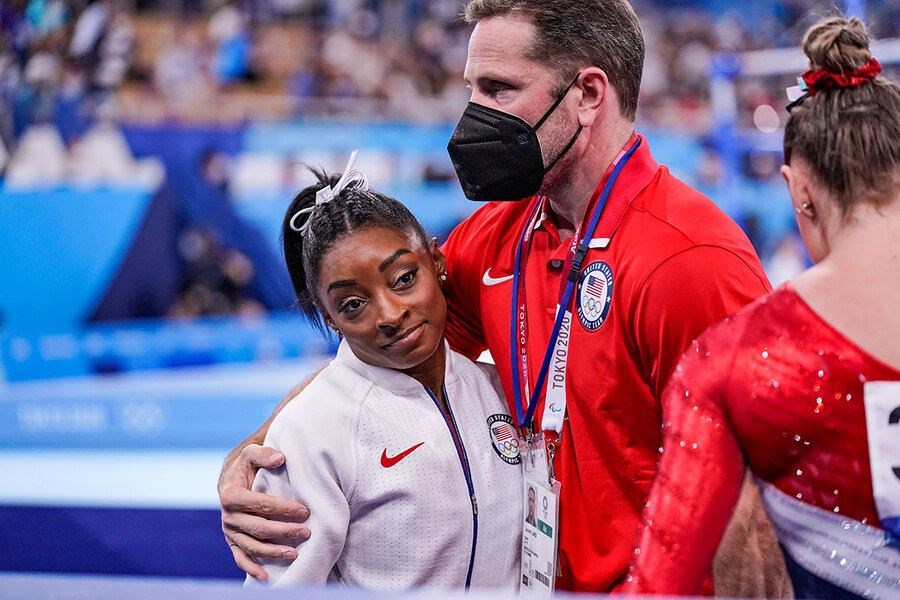
Simone Biles had to make a difficult decision during the 2021 Olympics to protect her physical and mental health and withdrew from the Team competition. Read this story from the Christian Science Monitor to learn more and see how her team supported her decision.

Middle and High School students read the following stories about heroes who live with mental illness and consider the discussion questions.

Michael Phelps is a competitive swimmer who won 26 Olympic medals, the most of any Olympian.

Misty Copeland is the first ever African American principal dancer for the American Ballet Theatre. Growing up, she struggled with frequent anxiety and panic attacks.
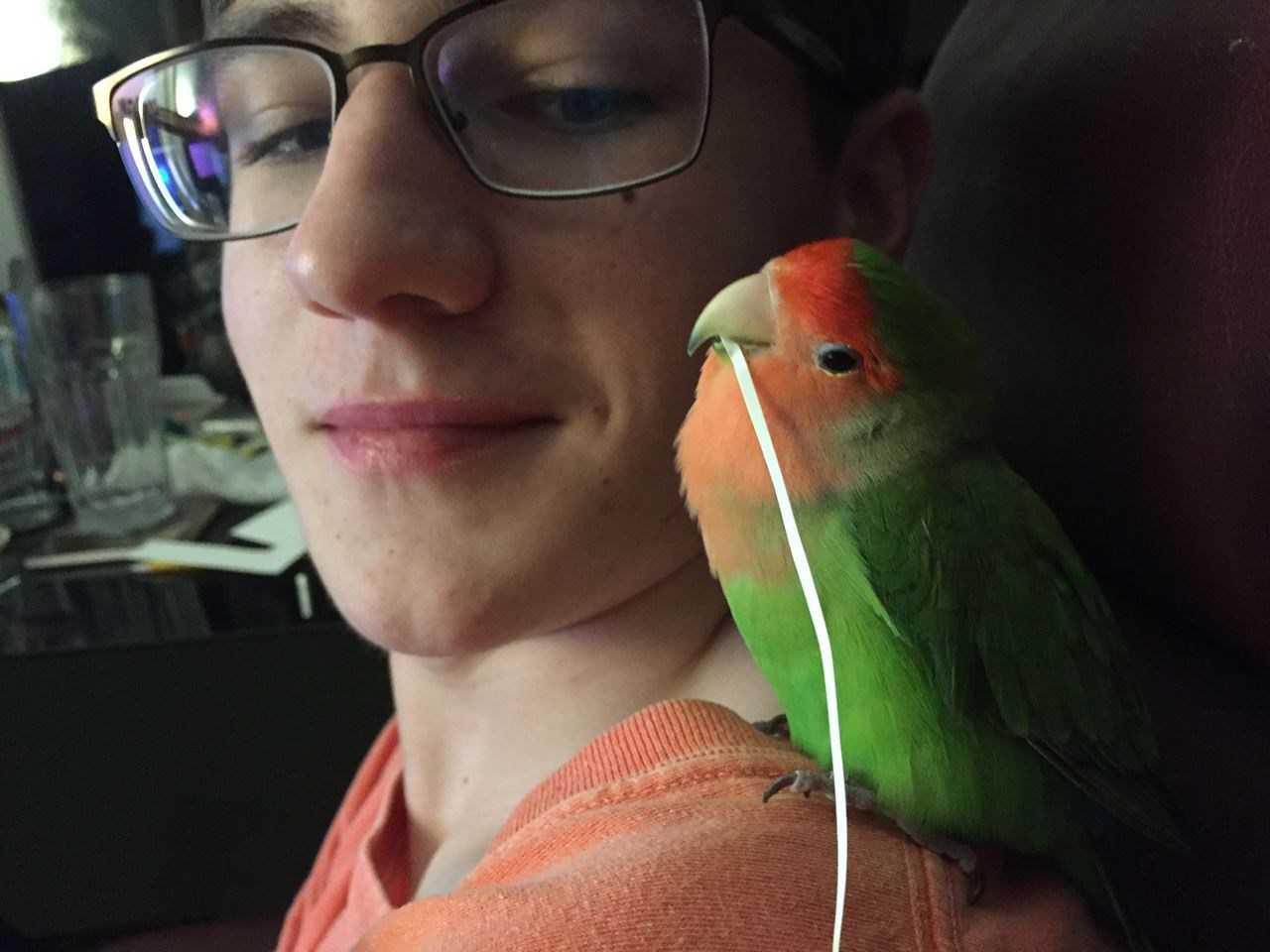
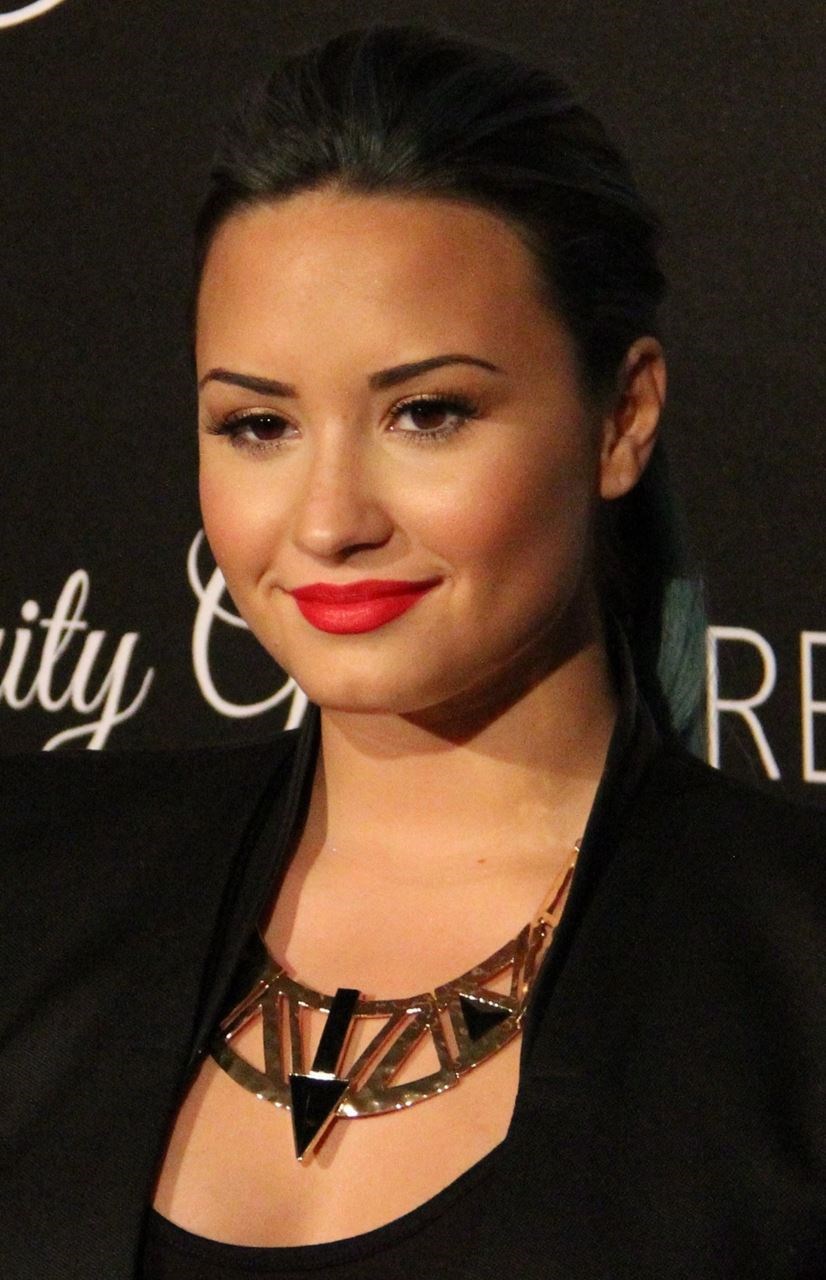
Demi Lovato is a singer and actress who speaks up about her struggles with bulimia and bipolar disorder.
Great for ESL/ELL Students
The following story about Dorothea Dix, an advocate for the mentally ill who established the first mental asylum in the United States, is available in text and audio so students can listen as they read long.
1. Michael Phelps, Lili Reinhart and Kay Jamison are not only advocates for mental health, but they also have a mental illness. Do you know anyone who is an advocate for mental health or has a mental illness? Share their story with MY HERO.
2. How is Misty Copeland an example of a woman who overcame obstacles and didn't let her anxiety stop her from achieving her goals? What obstacles do you face and how do you work to overcome them?
3. Demi Lovato has used her struggles with mental illness as a platform to bring awareness to mental illness. Who else is working to bring awareness to the struggles of mental illness and bring treatment to those who need it?
4. Dorothea Dix worked to improve the lives of those suffering from mental illness. How has dealing with mental illness changed over the years?
Learn about the artist Vincent Van Gogh, who suffered from mental illness.
The following story about Vincent Van Gogh has text and audio, allowing students to listen as they read along. Great for ESL/ELL students.
Then analyze Corridor in the Asylum and compare it to other art by Vincent Van Gogh.
Watch these award-winning, inspiring films from the MY HERO 2021 International Film Festival exploring overcoming adversity
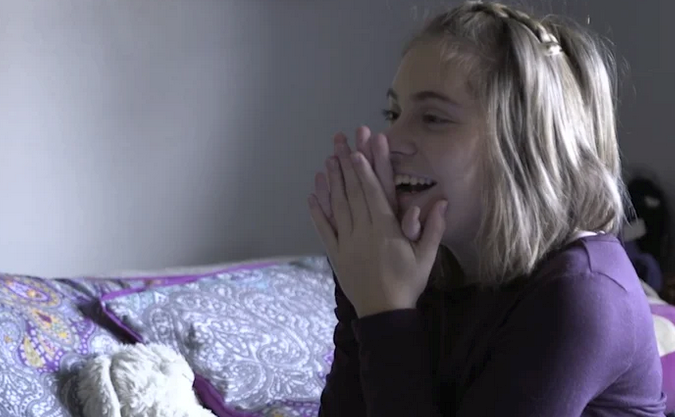
Students watch one or all of the following films that deal with mental illness and consider the discussion questions and activities.
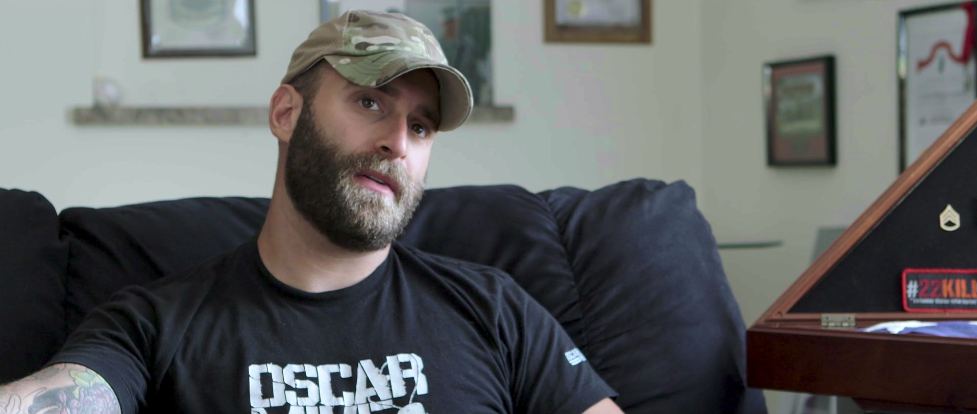
Earl Granville does physical challenges carrying a cinder block as a symbol that none of us is alone. (11:32 minutes)
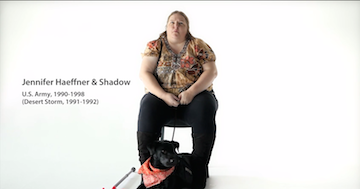
Veterans speak about the challenges of post-traumatic stress disorder and how their service dogs help. (4:50 minutes)
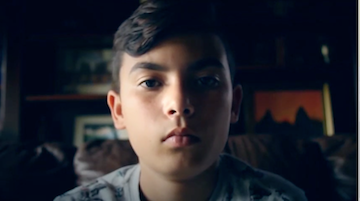
A brief and powerful first-hand account from high school student, Max, who must navigate through the world of ADD and all the medications that come along with it.
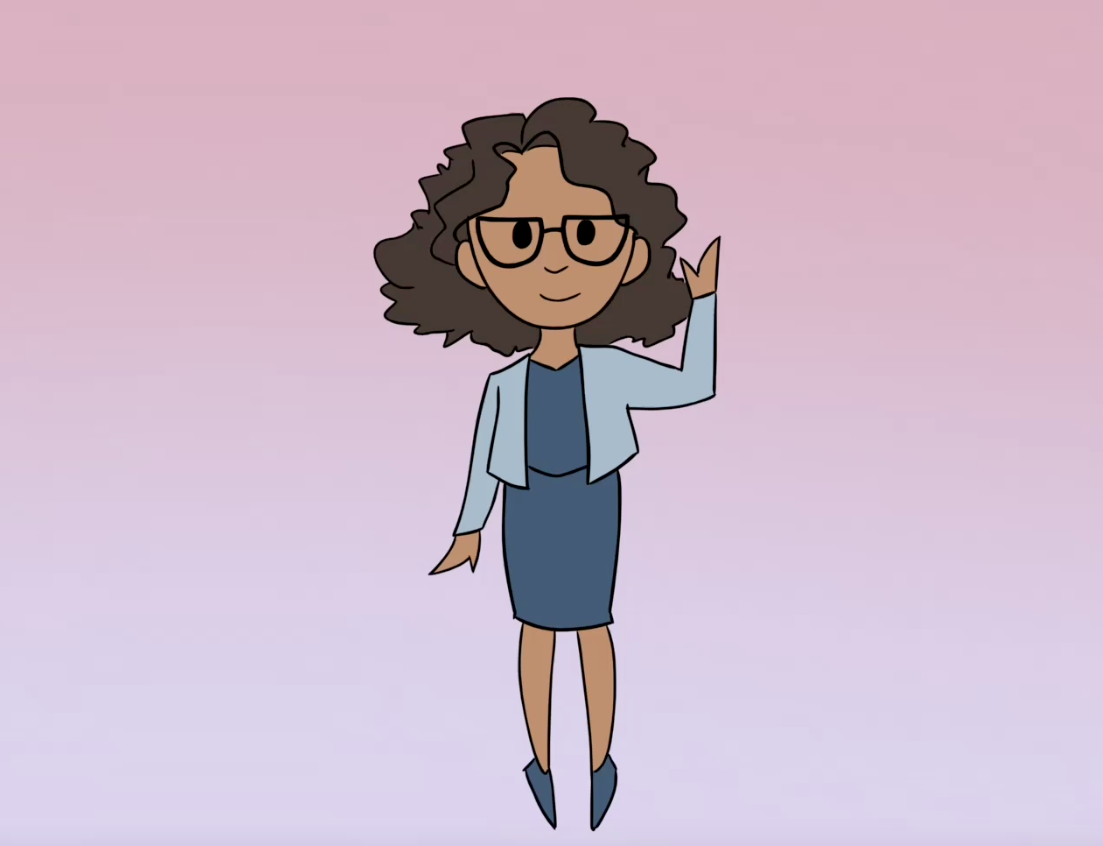
Coach West helps navigate students and teachers through the emotional fallout of COVID-19 with helpful tips.
1. How does Eric Granville demonstrate that people are not alone with their burdens? How does he motivate others to overcome difficulties with mental illness?
2. What is PTSD? Do you know anyone who has had to deal with PTSD? How do they deal with the challenges this disorder causes?
3. The film Minimum Max addresses the challenges of ADD and the effect medication has on Max, the main character. Do you know anyone who has an attention deficit disorder?
4. Do you know anyone who lives with mental illness? What obstacles have they overcome? Share their story with MY HERO.
Stories about Mental Health for Younger Readers - by Younger Readers
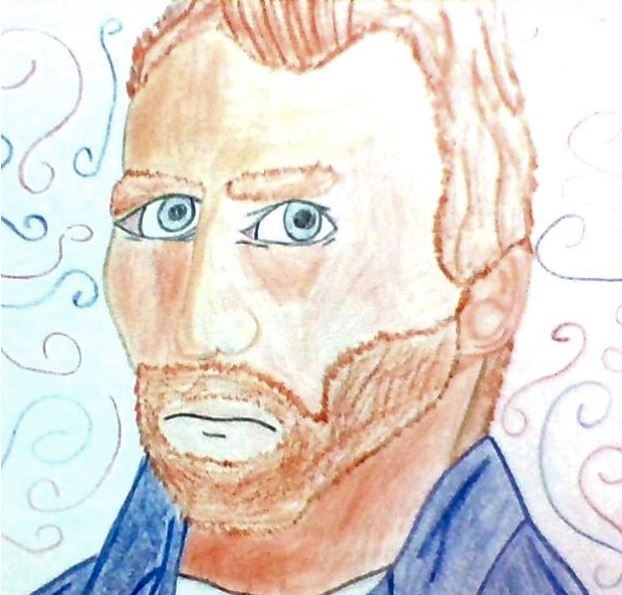
"If you hear a voice within you say 'you cannot paint,' then by all means paint, and that voice will be silenced."
MY HERO Recommends Mental and Emotional Health Support and Resources
The MY HERO Project works to promote future heroes for our world, and we firmly believe that anyone can be a hero. But we also know that sometimes people are struggling and may need extra support: it’s the human condition. The following mental and emotional health support resources are here if you need them.
 |
The Mental Health Awareness lesson plan was created by MY HERO Education Outreach Director Laura Nietzer. |
MY HERO Calendars for use in the Classroom
Students can share their Hero Essays, Films and Art through our Create Program
How to use MY HERO's Create Program to Publish Stories, Art, Film and Audio for Students
Tutorial for students: Publish written stories, film, original artwork and audio in MY HERO's multimedia library.

Organizer created on 9/5/2019 1:41:17 PM by Laura Nietzer
Last edited 8/11/2025 7:30:24 AM by Abigail Richardson